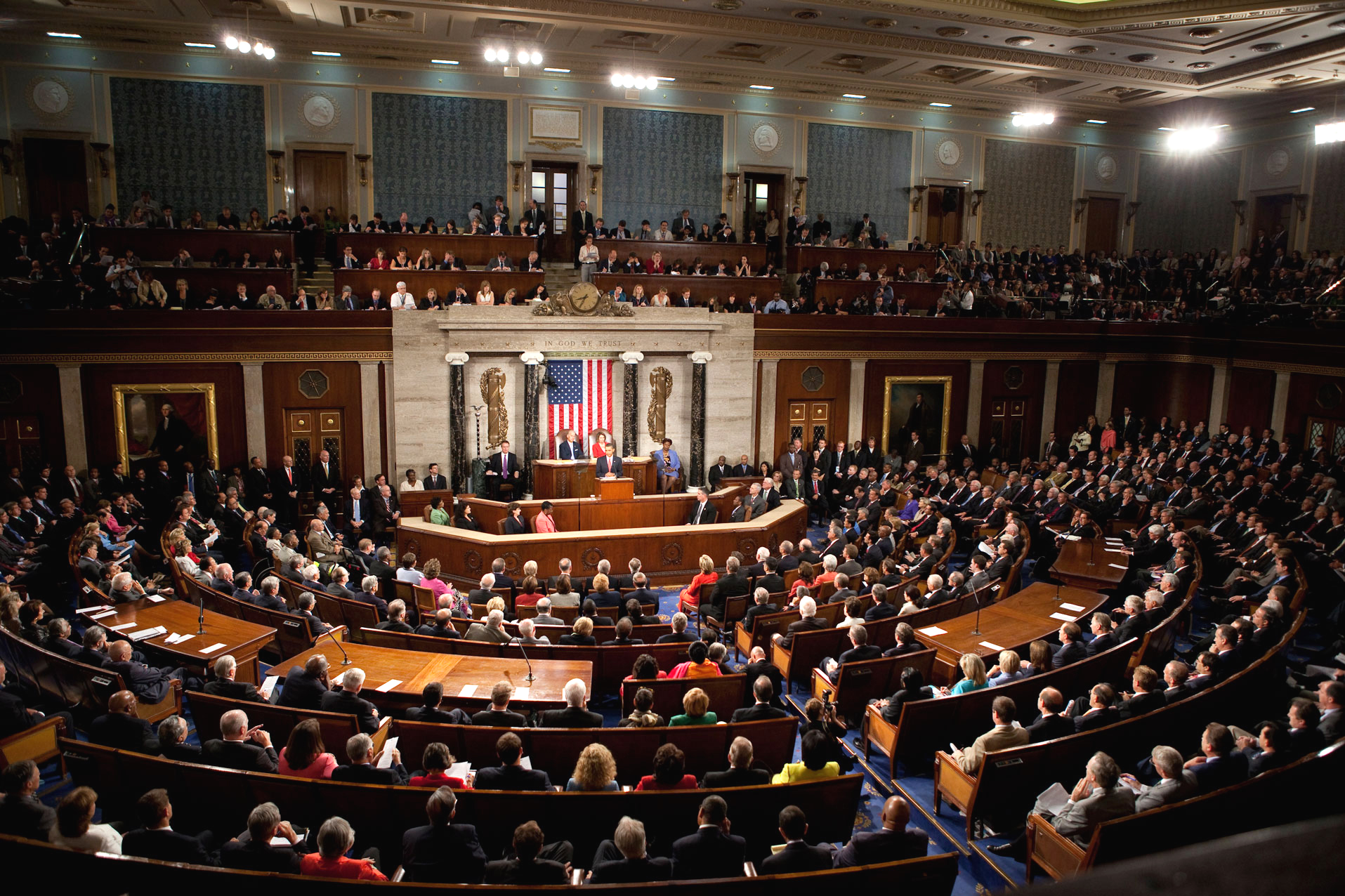If you’ll indulge me, I’m going to circle back around to Emma Green’s review of Rod’s book while also linking it to Katelyn Beaty’s review of the same published earlier this week in the Washington Post.
Login to read more
Sign in or create a free account to access Subscriber-only content.
Topics:
